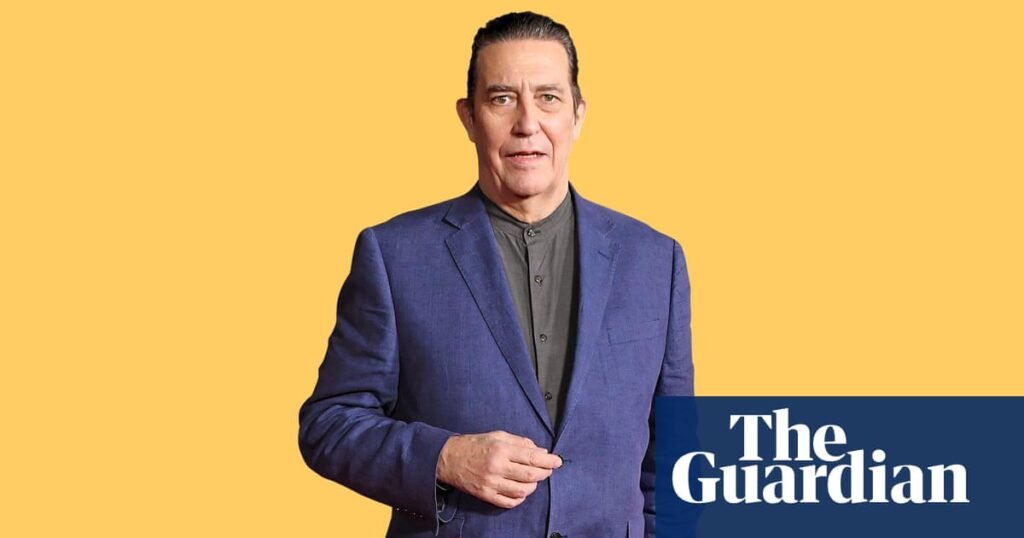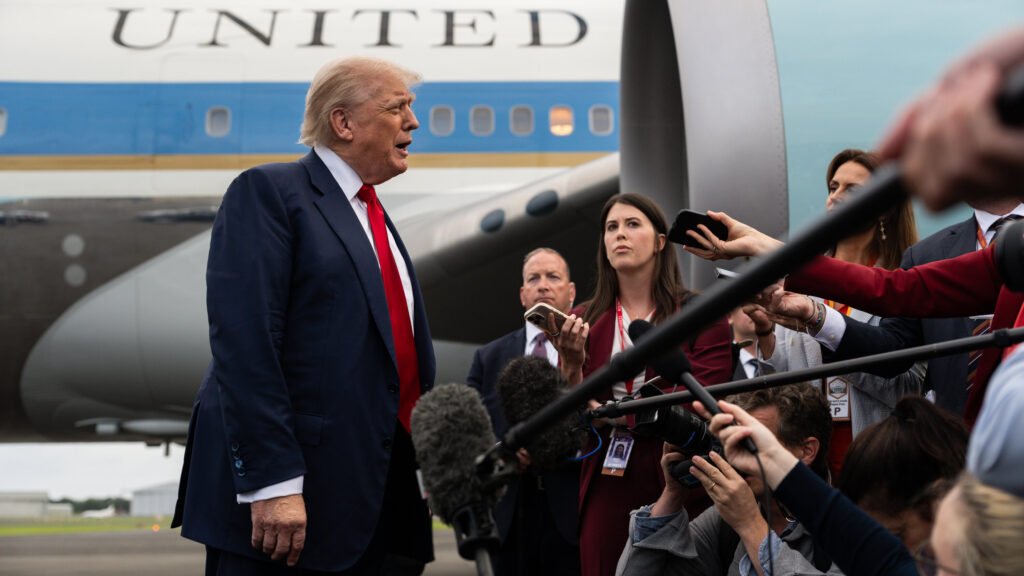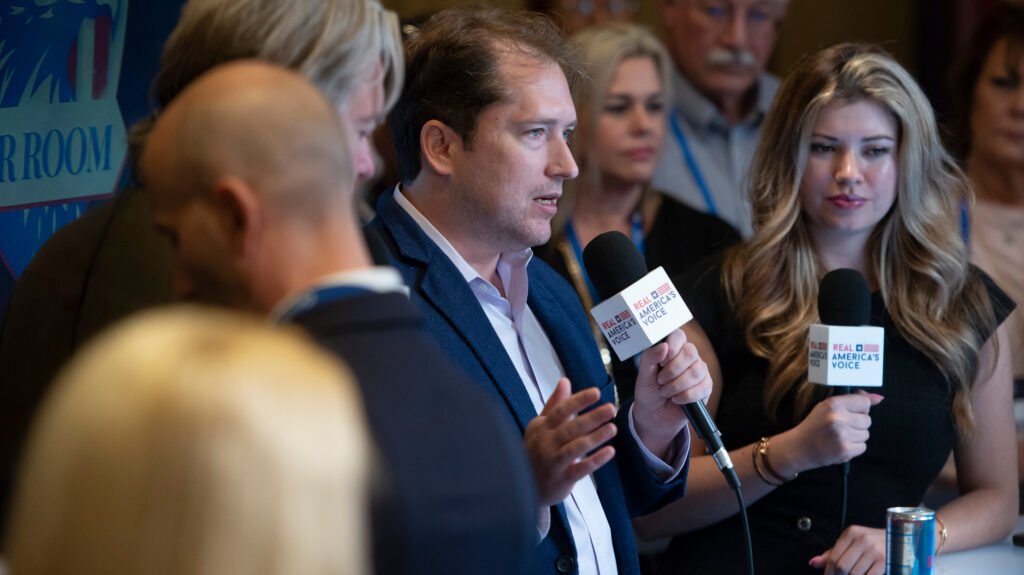A strange and somewhat unexpected conflict has emerged in one of the wealthiest enclaves in the U.S. – Indian Creek Island, home to some of the world’s most famous billionaires, including Jeff Bezos and Tom Brady. At the heart of this dispute? Sewage. Yes, you read that right. Despite its luxurious residences and prime location, this exclusive island community doesn’t have a sewage system, and now it’s trying to send its waste to its neighbors in Surfside.
Indian Creek: The Island for Billionaires (But Not for Waste Management)
Indian Creek is the epitome of luxury, a man-made island just off the coast of Miami that offers seclusion for its wealthy residents. With fewer than 40 homes and a population made up largely of tech moguls, sports icons, and international elites, you’d think this would be an ideal place to have every amenity imaginable. Yet, despite the high-profile residents and multimillion-dollar properties, the island lacks one crucial feature that most communities take for granted: a sewage treatment system.
According to The New York Times, The issue first came to light when local authorities in Indian Creek proposed sending their wastewater to the neighboring town of Surfside. You might assume this would be a simple solution—just pipe the waste to the neighboring town and be done with it. But, as it turns out, the residents of Surfside had something else in mind: they weren’t willing to take on the cost without getting compensated.
Surfside’s Firm ‘No’ — Unless the Billionaires Pay Up
Surfside has its own struggles when it comes to waste management. The town’s sewage system was recently overhauled at a hefty price, leaving them with a sizable debt. So, when Indian Creek came knocking, Surfside didn’t simply say “yes” to this proposal. They demanded $10 million in return for taking on the wealthy island’s sewage waste.


This move wasn’t about being unreasonable; it was about fairness. Surfside’s leaders didn’t want their residents to bear the burden of maintaining a sewage system that also benefited the ultra-wealthy residents of Indian Creek. After all, they’ve been funding their own sewage infrastructure for years. The $10 million fee was a reflection of the historical and ongoing costs of maintaining the system and ensuring its sustainability.
The Political Maneuver: How Indian Creek Got Its Way
Rather than accepting the hefty bill, the residents of Indian Creek took the issue to the Florida legislature. Using their significant influence, they managed to push through a piece of legislation that effectively allowed them to bypass Surfside’s demands. The new law prevents cities from blocking or charging for the extension of sewage systems to neighboring areas, ensuring that Indian Creek can now tap into Surfside’s infrastructure—free of charge.
This political maneuver didn’t sit well with many residents of Surfside or those who felt the wealthy were once again using their financial and political leverage to avoid paying their fair share. While the law may have been passed legally, it raised serious questions about the broader implications of this type of influence. After all, not everyone has the means to lobby for such favorable treatment.
The Bigger Picture: Wealth, Privilege, and Political Influence
This situation in Indian Creek and Surfside shines a spotlight on an uncomfortable reality: the vast influence of the ultra-wealthy and their ability to bypass the systems that regular citizens are bound by. The debate over who should pay for public services is nothing new, but this particular case illustrates just how far the wealthy can go to ensure they aren’t financially burdened, even when it comes to basic infrastructure.
What makes this case so poignant is how it reflects the growing divide between the ultra-wealthy and the rest of society. This isn’t just about sewage; it’s about how the wealthiest individuals can exploit their status to shape laws and policies in their favor, often at the expense of local communities. As debates about economic inequality, tax fairness, and corporate influence continue to dominate public discourse, the Indian Creek dispute serves as a vivid example of how power and privilege play out in real time.







